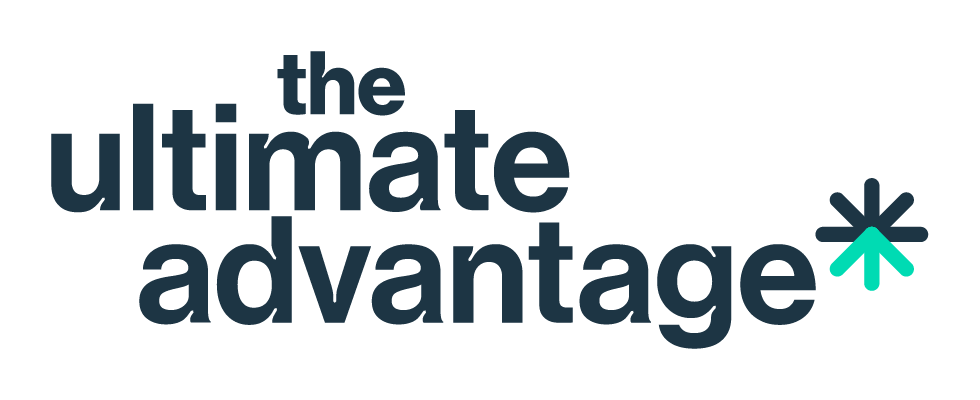
Many studies have been conducted spanning over decades into metaprograms, which are the filters in which we view the world. Here, I explain just three types for you to consider. Being able to identify which category you fit into, as well as those who you are speaking to, will help you to further enhance your communications.
Hi, it’s Fliss at Zen and welcome to the latest Insight into Language and Communications Mastery.
Today I want to talk to you about metaprograms.
Metaprograms are essentially the filters, through which we see the outside world.
It’s really important as leaders, as communicators, that we have an understanding, a very conscious understanding and awareness, of the filters that we are deploying. Also, that we bring awareness to the filters - that those who are most important to us, those that we're communicating with - are deploying. Because it allows us to consciously flex or face our message, so that it lands in the most compelling and the most authentic way.
Now, back to metaprograms.
They are founded on the work of Noam Chomsky, the noted linguist in the 60s. They’re developed by Bandler and Grinder, who are the forefathers of neuro-linguistic programming (NLP). Together the work focuses in on the vast array of stimuli and information that our unconscious mind is subjected to every single second.
Some studies say that as many as four of five million pieces of information. Others are much more conservative and just talk in the hundreds of thousands.
But our conscious mind can only process between about five and nine pieces of information each second. So, how do we get from this vast number, down to something we can count on our fingers?
We go through a process of deletion, distortion, and generalisation. The rules through which we do those three things are essentially called our metaprograms.
Now, Leslie Cameron-Bandler did some fantastic work on this and defined 60 different metaprograms that we are likely to be running.
I want to cover just three of them off here today, because otherwise it will be a really long Insight!
The first is “towards and away from”.
People are likely to be either be towards motivated or away from motivated.
That isn’t in every area of their life, it’s usual for that to flex depending on different situations - but towards motivated people are all about opportunity.
Away from motivated are all about mitigating risk. They’re moving away from risk.
The second metaprogram that I want to share with you today is “external and internal”.
So people who are externally referenced will quite often take a significant notice of or place significant importance on the views of others. Their sense of self will be reflected back to them in the actions, the words, and the faces of the people around them.
Internally referenced people can take in some information, they can run it through that internal filter to test its veracity and then they can throw it out if they need to.
So, internal versus external.
The third one is around global or specific.
You have people who are big, big picture. They want to chunk up and up and up and get bigger, bigger, bolder.
And then you have other people where it’s very much around specific. They’re about the detail, they’re about the “that’s great, but what now, what if, what about”?
So just three filters there...towards and away from, internal and external, and global and specific.
Do give some thought to which of those you think you might be running. Remember that, as with most things, this is a sliding scale. It doesn’t have to be all of one, and none of the other. The likelihood is that you’ll find yourself somewhere, 70/30 perhaps.
Also bring awareness to your team, your fellow Board members, to your clients.
Where are they on those metaprogram scales?
Do let me know in the comments below. I’ll cover off further metaprograms in future Insights. Do follow #ZenCommsMaster for future updates and Insights.
I’ll speak to you soon, thanks so much.

Meet the Author
As one of the UK's leading experts in the applied psychology of language, Fliss has helped Boards, leadership teams, and c-suite executives from across the world to communicate with influence, integrity, and impact. A psycholinguist, voice dialogue, and NLP Practitioner, Fliss is also trained in influence and persuasion, and behavioural psychology, and is a certified empowerment coach and trainer. Fliss heads-up The Ultimate Advantage, a dedicated language and communications mastery coaching and training consultancy, as well as Zen Communications, a successful PR and content agency. She regularly speaks on all aspects of compelling communication and is a popular podcast guest.
If you loved this then give it a share!


Download our guide to learn the five secrets to compelling communications.



